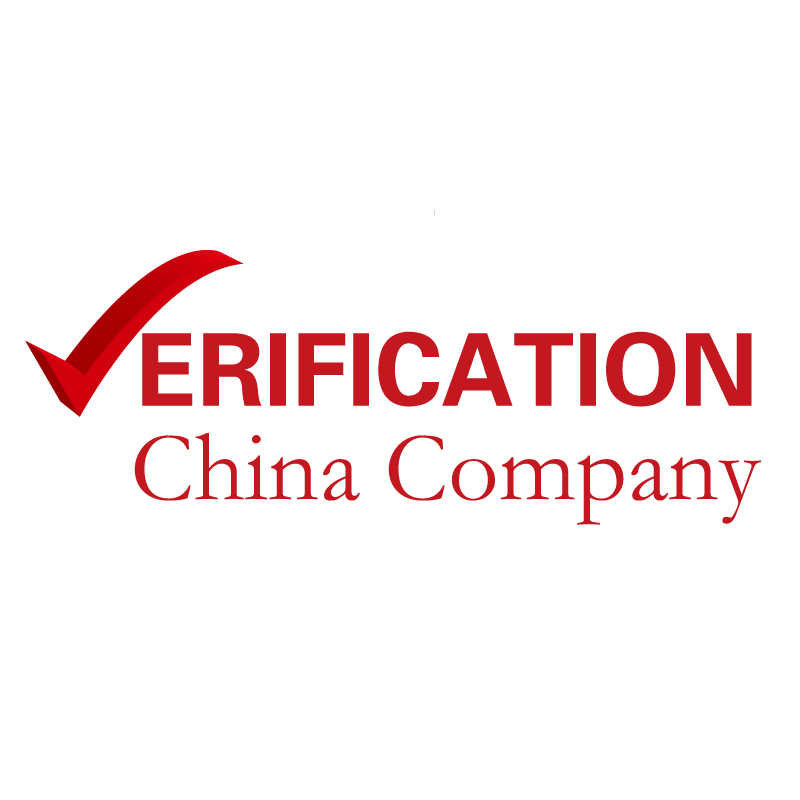Why Chinese Company Verification is Crucial for International Trade
Introduction
International trade has grown significantly over the years, with China playing a central role as one of the world’s largest exporters and importers. As global businesses seek to tap into China’s vast market and manufacturing capabilities, it becomes increasingly important to ensure the legitimacy and reliability of Chinese companies they engage with. This is where Chinese company verification comes into play. In this article, we will explore the importance of verifying Chinese companies before entering into any business transactions and the potential benefits it offers for international trade.
The Rise of Chinese Companies in International Trade
Over the past few decades, China has emerged as an economic powerhouse, becoming a major player in global trade. Chinese companies span various industries, ranging from manufacturing and technology to consumer goods and services. Many international businesses are drawn to China’s cost-effective production capabilities, competitive pricing, and access to a vast consumer market. However, while there are numerous legitimate and reputable Chinese companies, the surge in international demand has also led to an increase in fraudulent and unscrupulous entities.
The Importance of Chinese Company Verification
- Mitigating Risks and Fraud:
One of the primary reasons for verifying Chinese companies is to mitigate risks associated with fraud and scams. Unverified companies might provide false information about their credentials, financial standing, or business capabilities, leading to potential losses for international partners. Verification helps confirm the legitimacy of the company, ensuring that it is legally registered, financially stable, and holds the necessary licenses for conducting business.
- Protecting Intellectual Property:
Intellectual property (IP) theft has been a longstanding concern when dealing with Chinese companies. Verification processes can help determine whether a company has a history of IP violations or has been involved in any legal disputes related to intellectual property. This safeguard is crucial for businesses looking to share proprietary information or engage in collaborative ventures with Chinese partners.
- Ensuring Compliance and Quality Standards:
For businesses that rely on importing goods from Chinese manufacturers, verifying the company’s compliance with relevant regulations and quality standards is vital. This verification ensures that products meet international quality and safety requirements, reducing the chances of receiving substandard goods or encountering compliance-related issues.
- Building Trust and Credibility:
Trust is the foundation of any successful business relationship. Verifying a Chinese company before engaging in trade demonstrates due diligence and commitment to ethical business practices. A verified company is more likely to be transparent and accountable, instilling confidence in its international partners and leading to stronger, long-term relationships.
- Facilitating Negotiations and Contracts:
When dealing with Chinese companies in international trade, having verified information about their legal structure, ownership, and financial status provides a stronger basis for negotiations and contract agreements. This verification allows businesses to make informed decisions, negotiate better terms, and safeguard their interests during the negotiation process.
Methods of Chinese Company Verification
Several methods can be employed to verify Chinese companies:
- Official Government Registries: Information can be obtained from official Chinese government registries, such as the State Administration for Market Regulation (SAMR) or the State Administration of Industry and Commerce (SAIC). These registries contain crucial details about a company’s registration status, legal representatives, and shareholding structure.
- Credit Reports: Credit reporting agencies compile credit information on Chinese companies, providing insights into their financial health, payment history, and creditworthiness.
- Site Visits and Audits: Physical visits to the company’s premises can help confirm its existence, operational capacity, and production capabilities. Additionally, conducting audits can ensure compliance with quality standards and ethical practices.
- References and Recommendations: Seeking references and recommendations from trusted business partners, industry experts, or professional associations can add another layer of confidence in a company’s credibility.
Conclusion
In conclusion, Chinese company verification is a critical step for businesses engaging in international trade with Chinese counterparts. By verifying the legitimacy, compliance, and reputation of a company, international businesses can mitigate risks, protect their interests, and build lasting, fruitful partnerships. With the ever-expanding opportunities in China’s market, a well-verified Chinese company can be a valuable asset in the pursuit of successful and sustainable international trade ventures.



